The Harold C Simmons Comprehensive Cancer Center was founded
In 1991, the Harold C. Simmons Comprehensive Cancer Center was founded. Simmons Cancer Center is built on a…
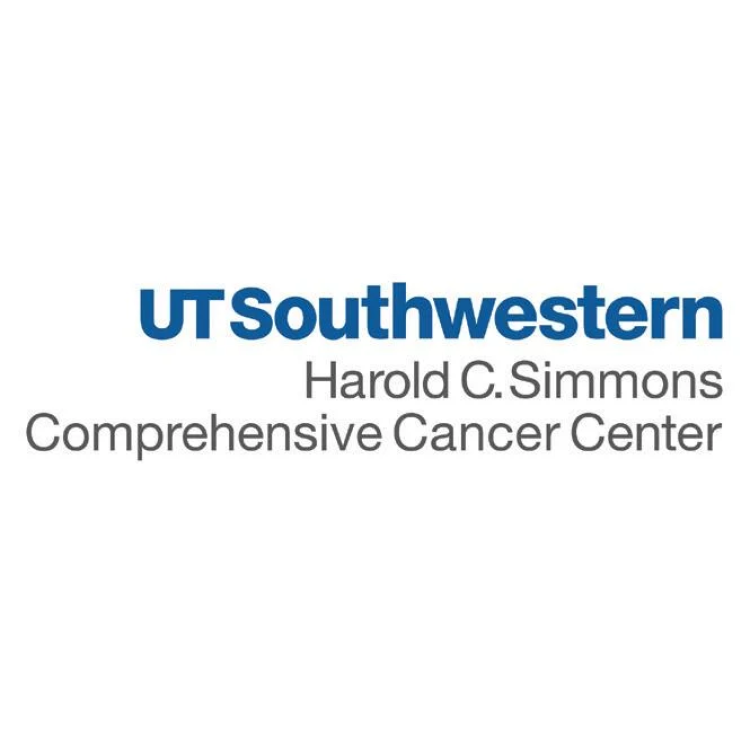
In 1991, the Harold C. Simmons Comprehensive Cancer Center was founded. Simmons Cancer Center is built on a…
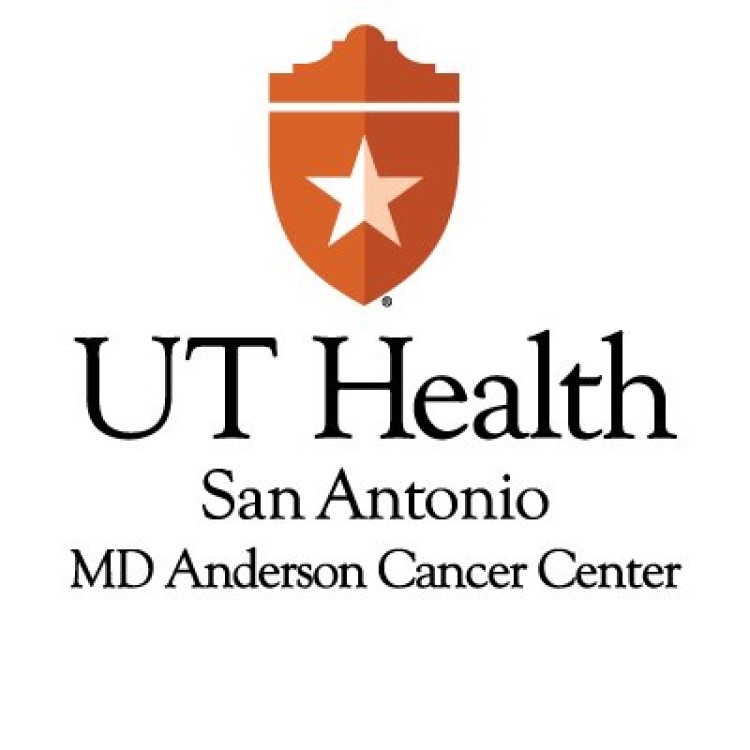
In 1991, The Cancer Therapy & Research Center (CTRC) at San Antonio launched its Institute for Drug Development…

In 1990, Washington University – St. Louis physicians Ralph V. Clayman, MD, Lou Kavoussi, MD, and Nathaniel J….
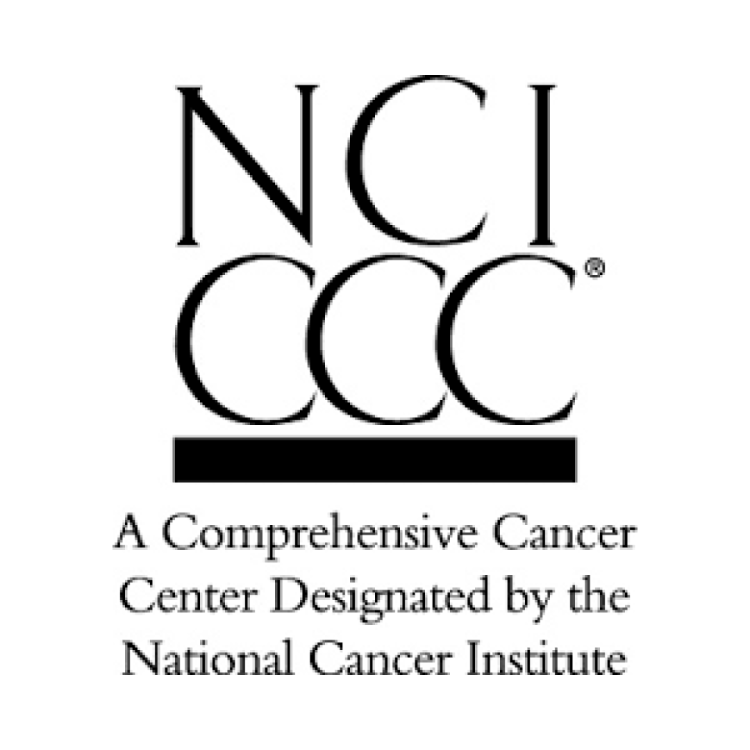
In 1990, the Cancer Center of Wake Forest University (CCCWFU) in Winston-Salem received National Cancer Institute (NCI) comprehensive…

In 1990, the Lineberger Comprehensive Cancer Center at the University of North Carolina (UNC) at Chapel Hill received…

In 1990, The University of Arizona Cancer Center (UACC) received Comprehensive Cancer Center status from the National Cancer…

In 1990, Washington University – St. Louis researcher Stanley J. Korsmeyer, MD co-discovered the gene ‘bcl-2’, a pivotal…

In 1989, the National Cancer Institute (NCI) initiated mechanism of supplementing research grants to encourage recruitment of minority…
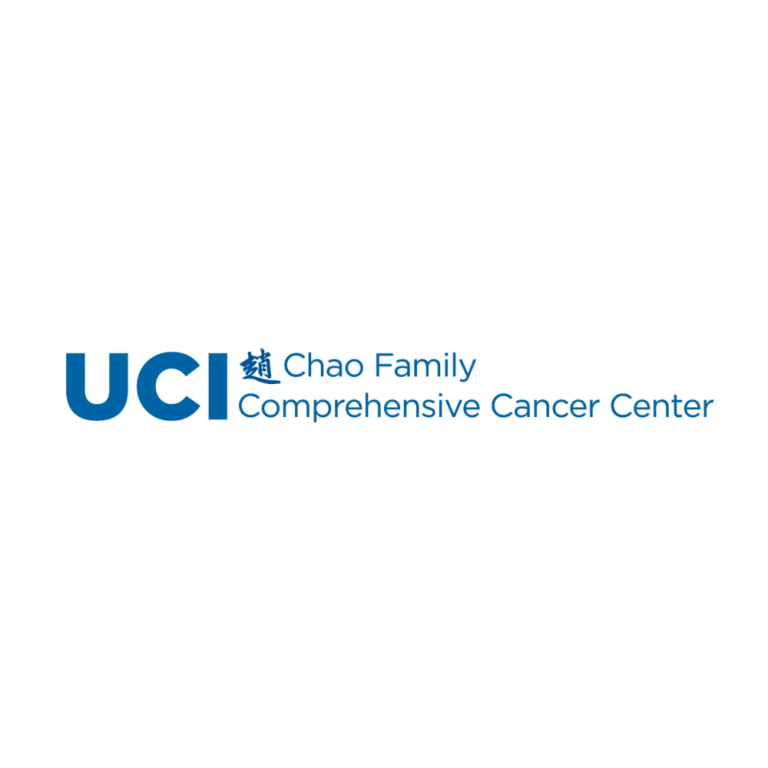
In 1989, the University of California, Irvine (UCI) Chao Family Comprehensive Cancer Center (CFCCC) was founded as a…
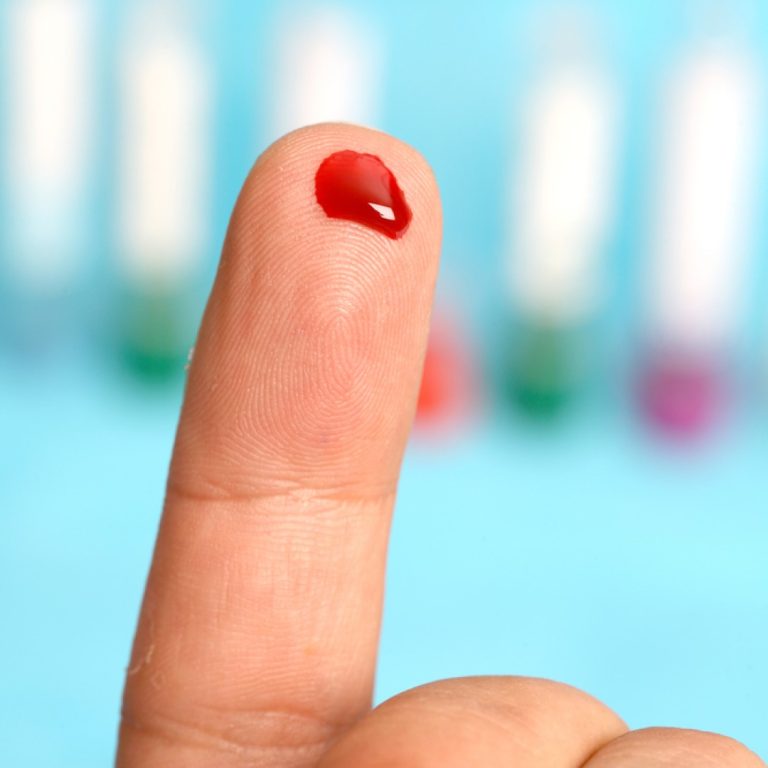
In 1989, researcher William J. Catalona, MD of Washington University – St. Louis began a study that established…
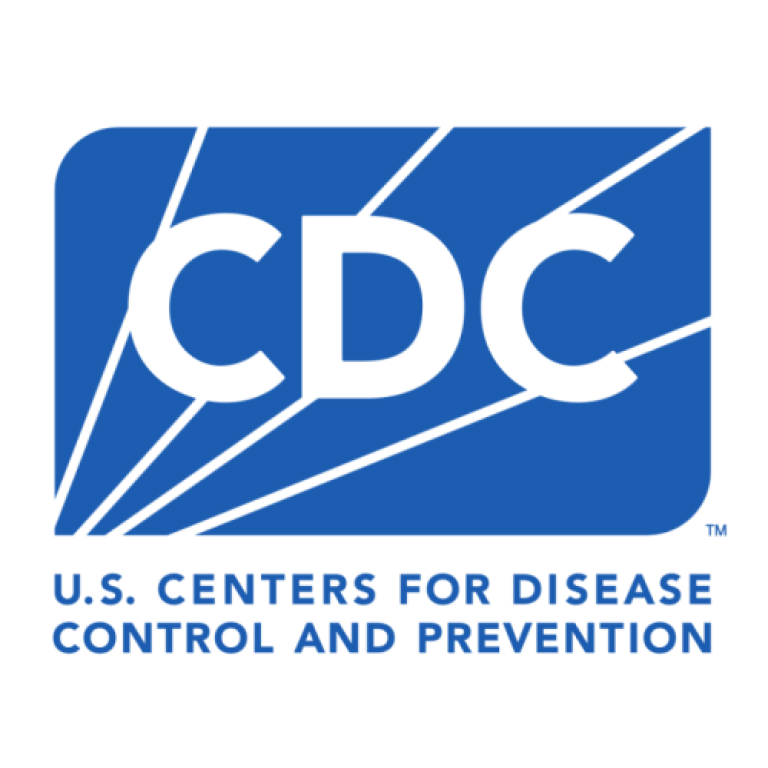
On Jun. 17, 1988, the Secretary of the U.S. Department of Health and Human Services announced the recipients…
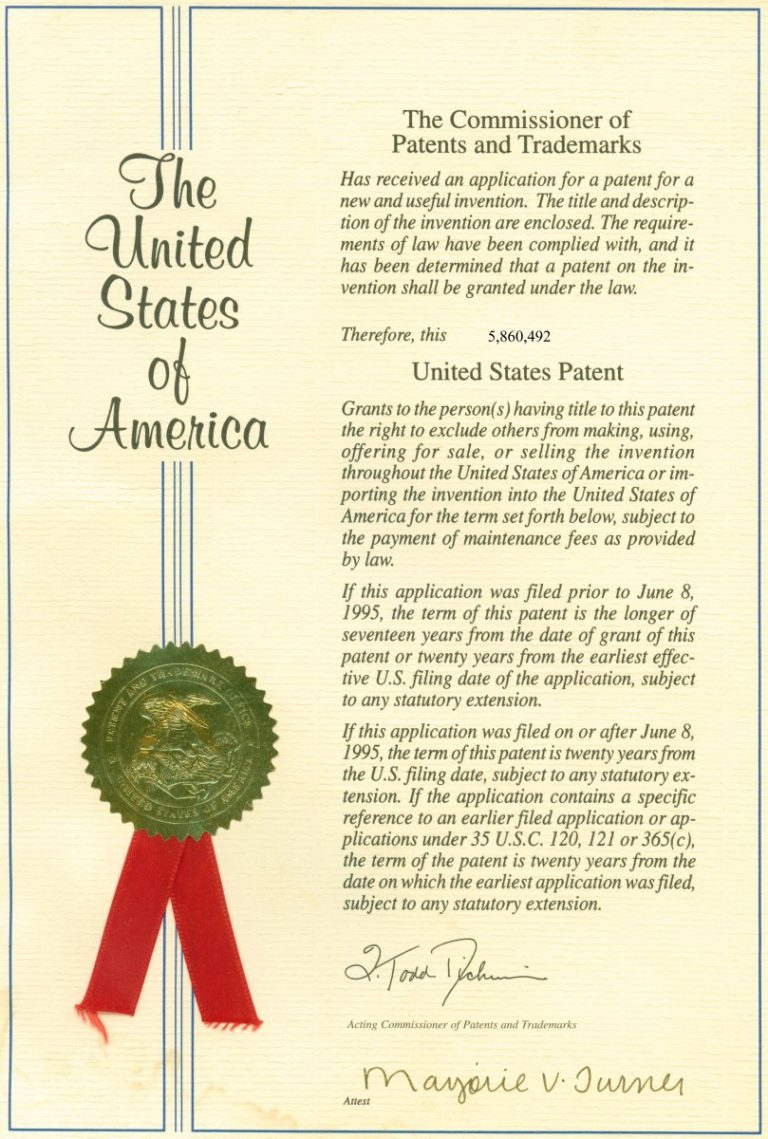
On Apr. 12, 1988, the Harvard Mouse created by molecular geneticists led by Philip Leder created the first…
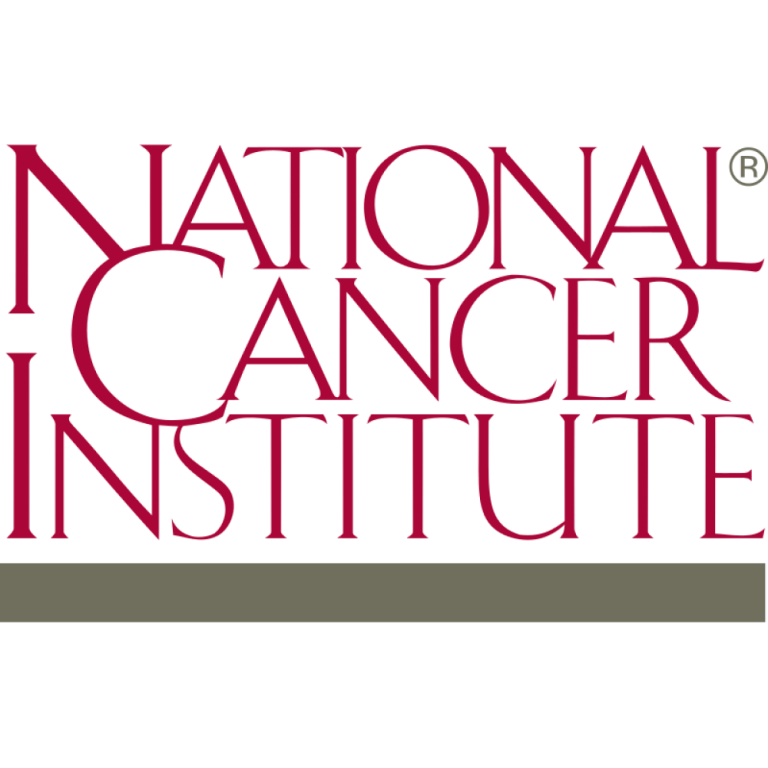
In 1988, the National Cancer Institute journals Cancer Treatment Reports and Journal of the National Cancer Institute (NCI)…
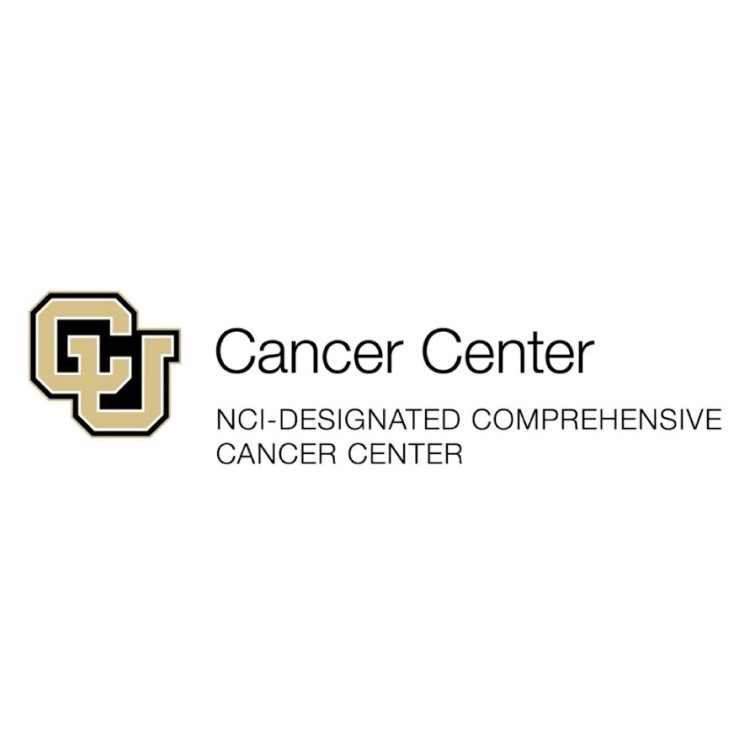
In 1988, the University of Colorado Cancer Center (CU) at the Anschutz Medical Campus received National Cancer Institute…
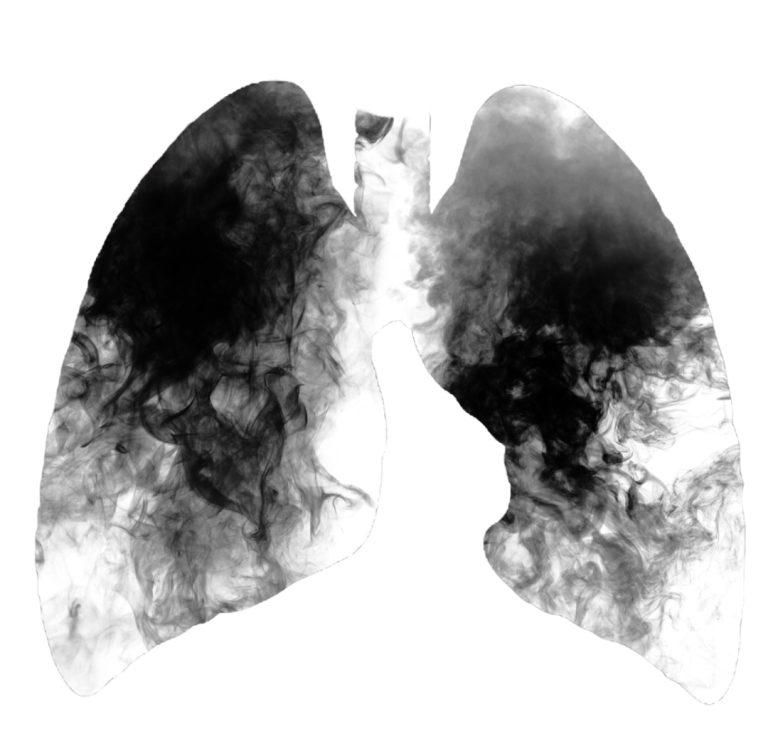
In 1988, the U.S. Centers for Disease Control and Prevention (CDC) established the Chronic Disease Division to target…
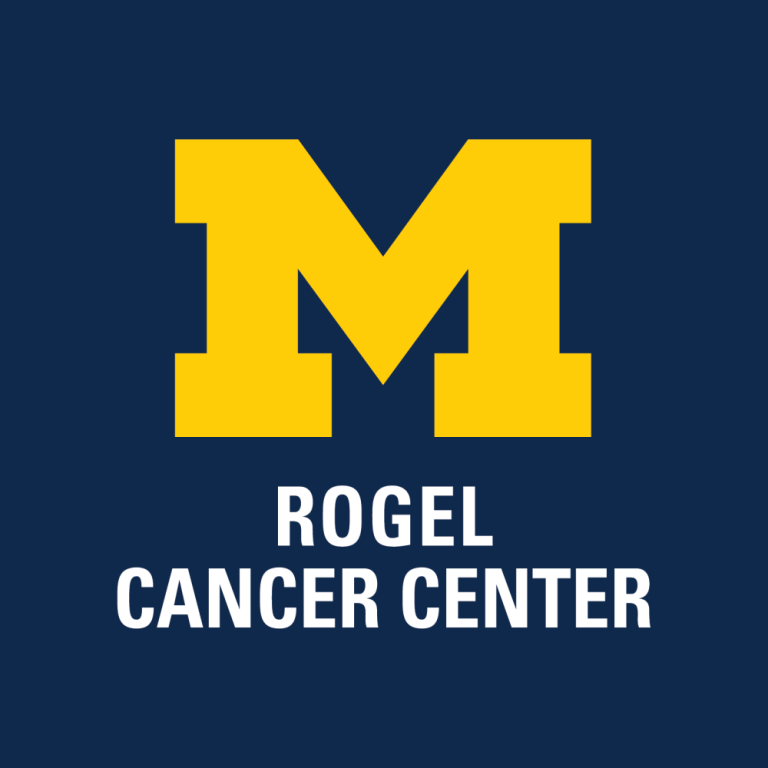
In 1986, The University of Michigan Cancer Center was founded in Ann Arbor, Michigan. The University of Michigan…
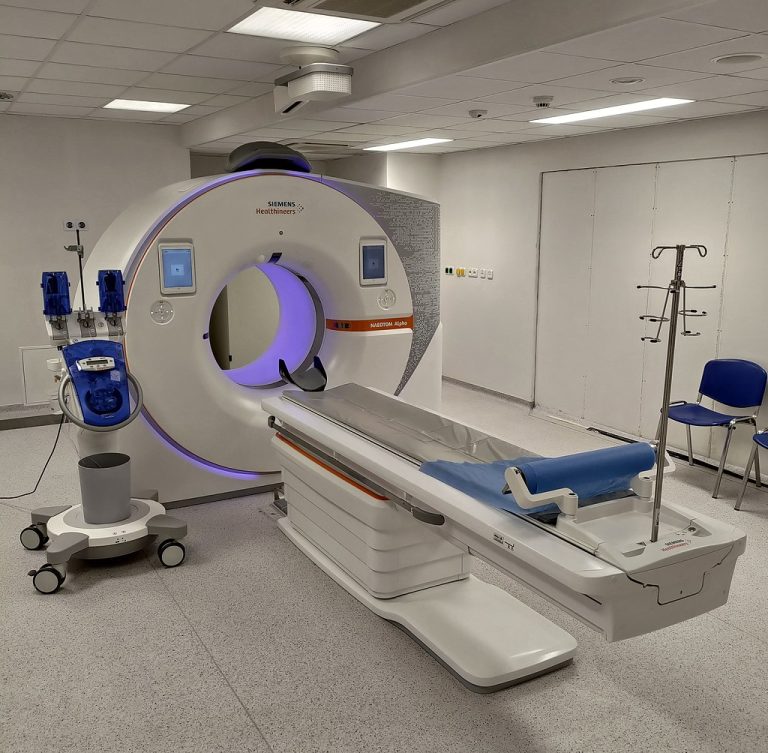
In 1988, radiation oncology physicist James Purdy, PhD and colleagues at Washington University School of Medicine developed a…
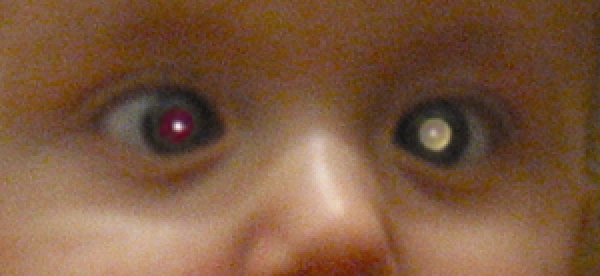
On Nov. 30, 1987, scientists at the University of California at San Diego and Wills Eye Hospital announced…

On Oct. 15, 1987, the Division of Cancer Control and Population Sciences (DCCPS) from the National Cancer Institute…

On Jun. 12, 1987, a crew of just 47 physicians and 225 allied health employees rallied to formally…
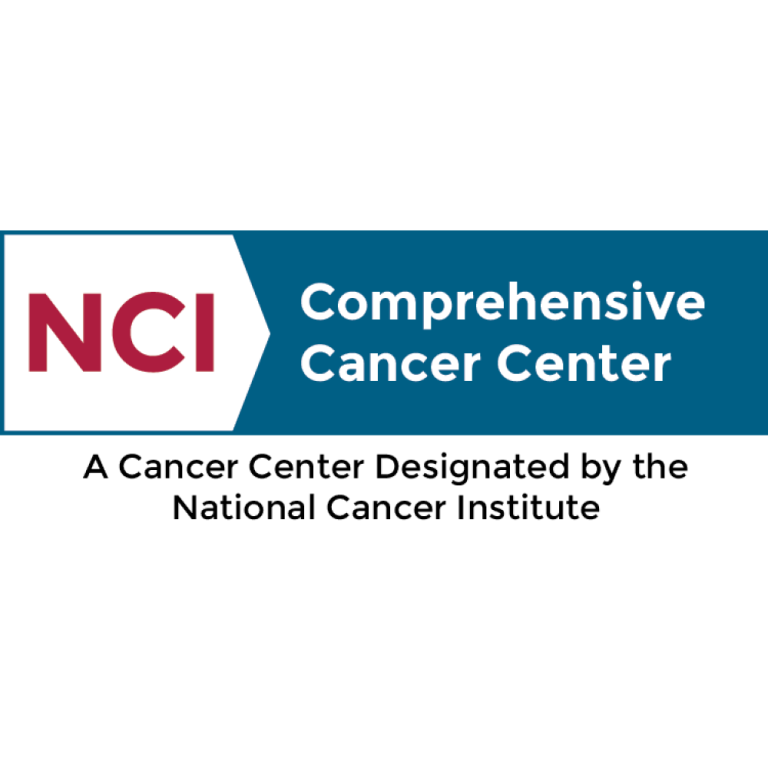
In 1987, The Cold Spring Harbor Laboratory (CSHL) Cancer Center received National Cancer Institute (NCI) designation. CSHL researchers…
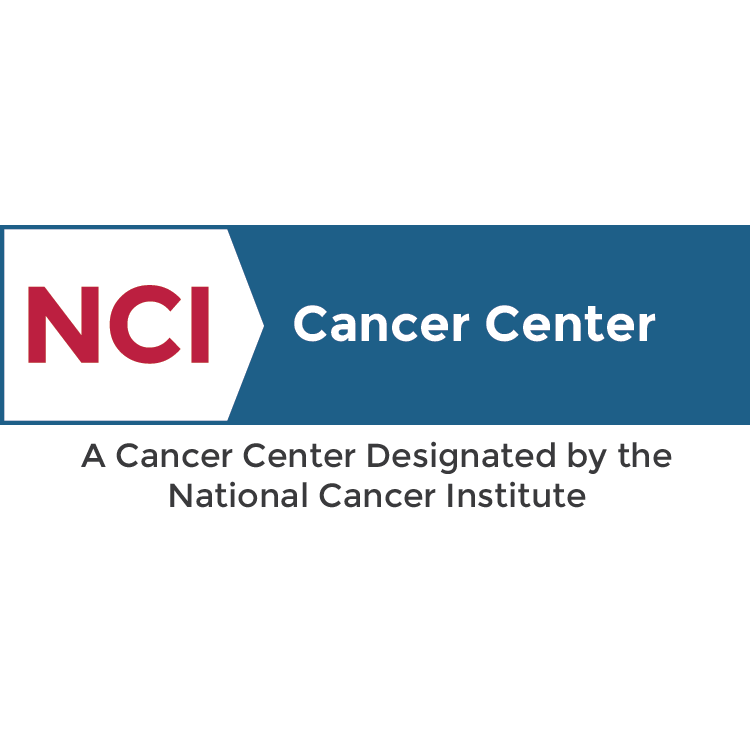
In 1987, the Case Cancer Center (Case CCC) at Case Western Reserve University was both founded and became…

In 1987, the University of Virginia Cancer Center (UVA), now known as the UVA Health Cancer Center, received…

In 1987, The National Cancer Institute’s (NCI) Cancer Prevention Fellowship Program, one of the first formal postdoctoral research…
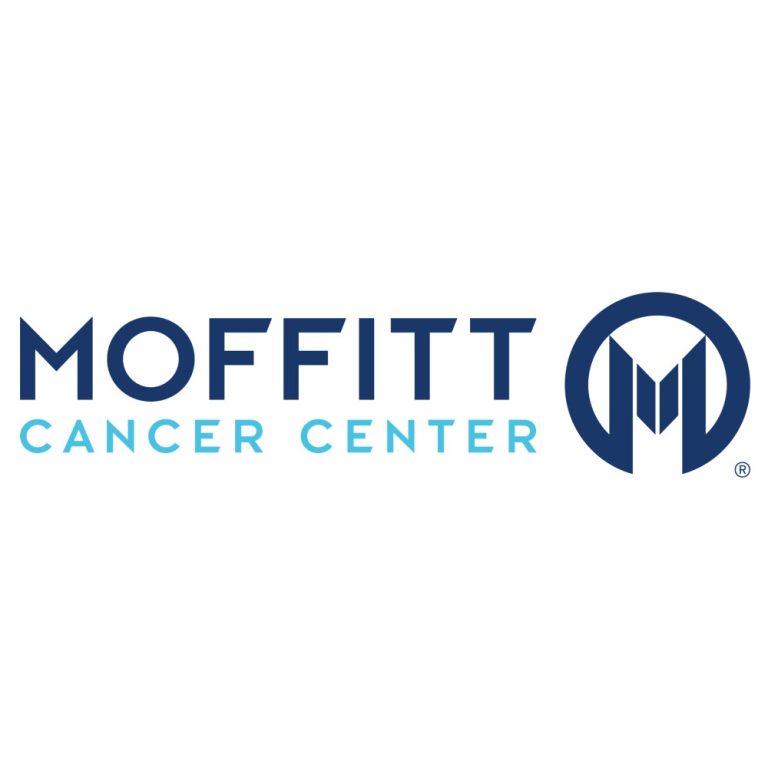
On Oct. 18, 1986, the Moffitt Cancer Center was dedicated. The center was established in 1981 by the…

On Sept. 9, 1986, the U.S. Centers for Disease Control and Prevention (CDC) co-sponsored the first National Conference…
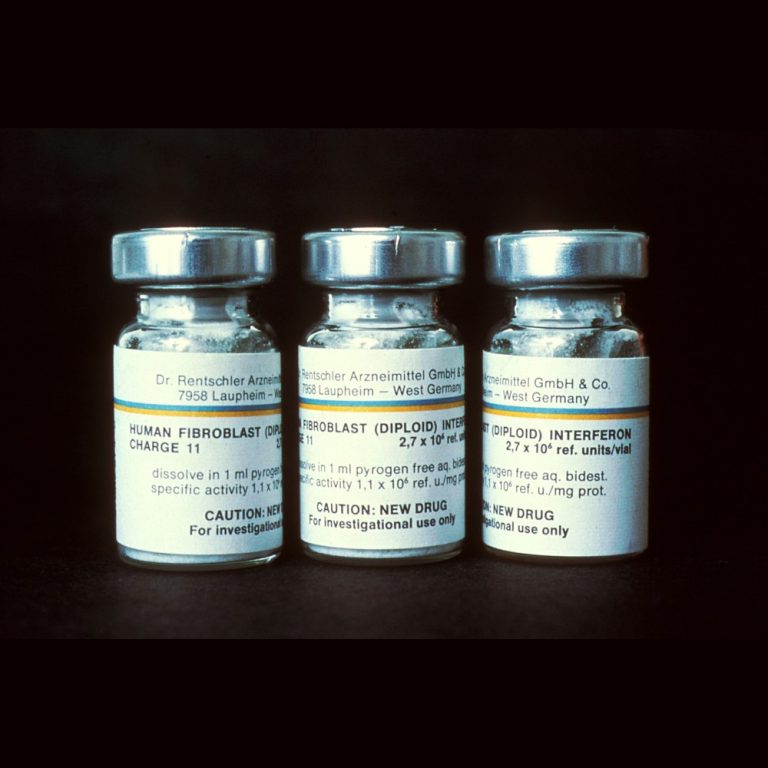
On Jun. 5, 1986, the U.S. Food and Drug Administration (FDA) approved Hoffmann La Roche’s Interferon initially for…

On Jun. 5, 1986, Genzyme launched an Initial Public Offering (IPO) at $10 a share, and raised $28.3…

On Mar. 19, 1986, Eli Lilly acquired San Diego-based Hybritech for $300 million. Hybritech was a leading producer…

On Feb. 4, 1986, Bristol-Myers announced it would acquire Seattle-based Genetic Systems for $310 million. Genetic Systems was…